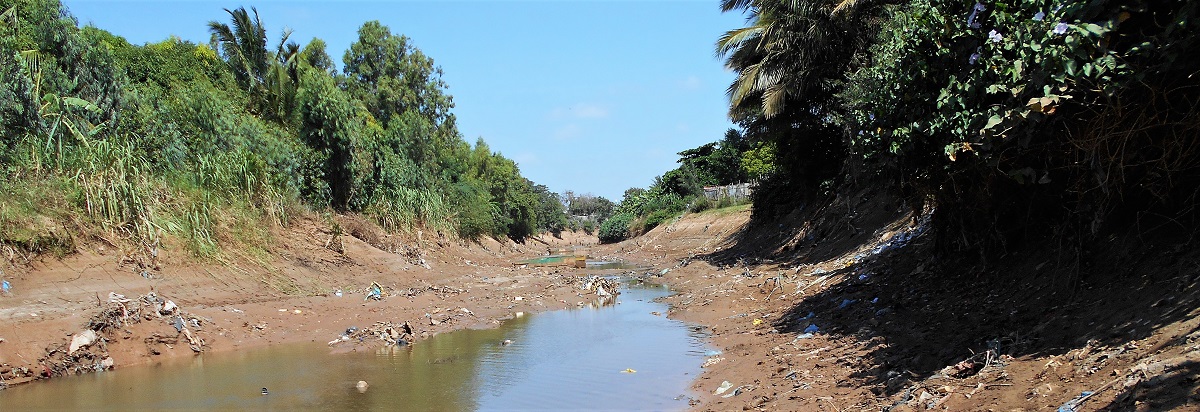
Shabelle River, Afgoi – December 2017
It is the third continuous year that drought has hit Somalia. The rains for the 2017 Deyr season were lower than normal years. At ABIC, Afgoi, the rainfall recorded was only 105mm and is significantly lower than the long-term averages for the Deyr growing season. It is also the third year in a row that the farmers in the irrigated areas of Lower and Middle Shabelle regions are experiencing hydrological drought. Shabelle River dried abruptly in mid December and farmers are no longer able to irrigate their crops. All fruits and vegetable crops that are highly dependent on irrigation are at risk and will likely fail if there is no supplementary irrigation, thus leading to sever food shortages and sharp hikes in the prices of the agriculture commodities.
Shabelle River, Afgoi
Fall Armyworm (FAW)
Unlike other seasons, the issue of the drought in the Deyr 2017/18 season is exacerbated by the outbreak of a new insect called Fall armyworm (FAW). A survey study conducted by SATG in the Lower and Middle Shabelle, Hiran, Bay, and Bakool regions reveals that the majority of the maize crop grown during the Deyr season has been severely damaged by FAW outbreak. The damage ranges from 30-50% and, in some areas, exceeded 80%. Most of the farmers reported that this is the first season that they have seen this insect.
Some Farmers have abandoned their maize fields due to the FAW outbreak.
Control
Control measures are not yet available and SATG is currently testing a combination of cultural and chemical interventions to overcome the problem. Use of Match (insecticide) at the rate of 0.1 mm per 20 liter of water is showing positive results. To reduce the impact of the damage, it is highly recommended that farmers break the cycle of growing maize in the same field that was used to grow maize during this Deyr season.
SATG is currently testing a combination of cultural and chemical interventions to overcome the problem. Use of Match (insecticide) at the rate of 0.1 mm per 20 liter of water is showing positive results.
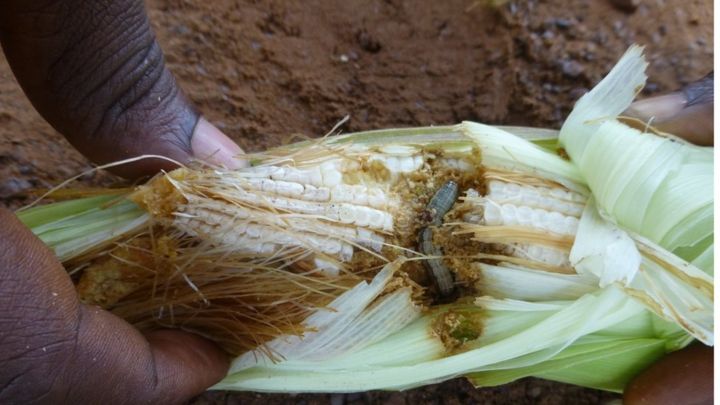
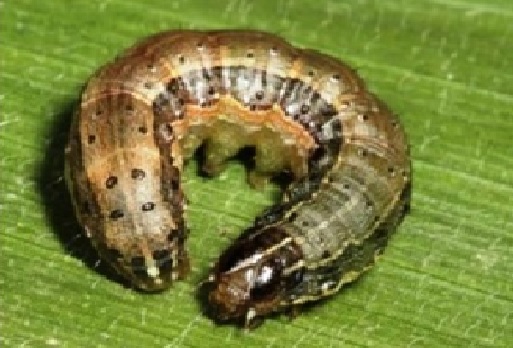
Fall Army Warm larvae

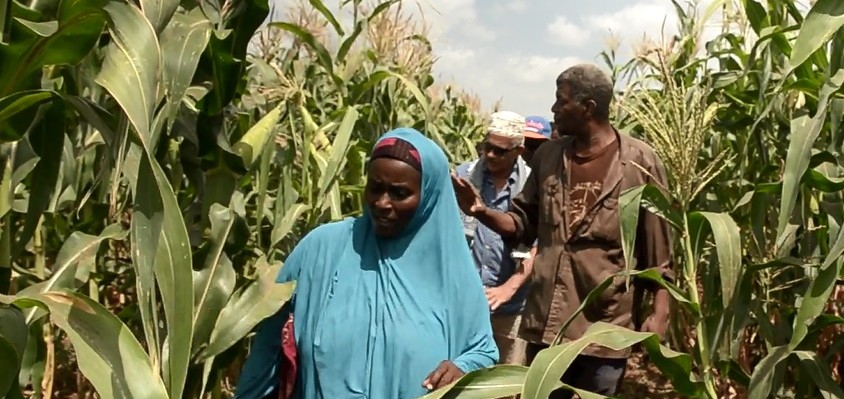

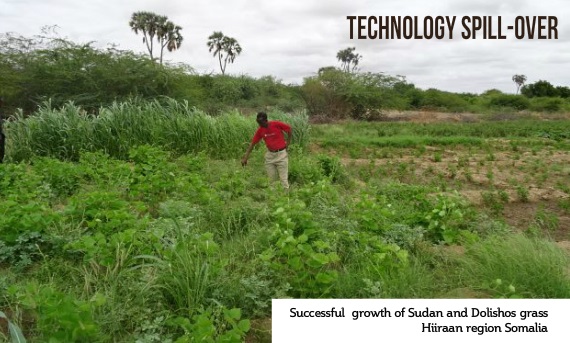
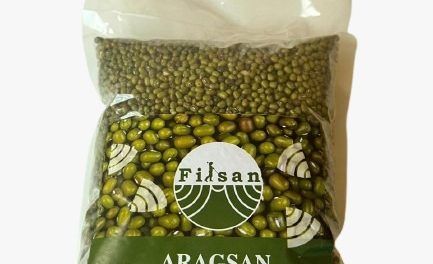



Recent Comments